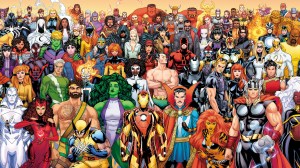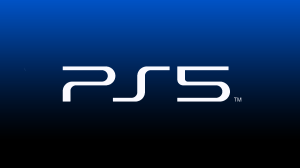Hollow Knight: Silksong is currently enjoying a wide wave of enthusiasm and praise after the long-awaited indie sequel was finally released yesterday. Silksong‘s player count is already through the roof and it’s being lauded for its tight mechanics and accessible low price. However, despite this overwhelming success, there is a contingent of fans who are not happy with the game.
Videos by ComicBook.com
On Steam, Silksong is currently suffering from a deluge of negative reviews over the state of its Chinese translation, which disgruntled fans feel is worse than the original Hollow Knight and leans too heavily into archaic speech and pretentious prose. While the game currently has a “Very Positive” rating from reviews in all languages, Hollow Knight: Silksong only has a 51% “Mixed” rating in Simplified Chinese language reviews. This brings the game’s entire average down compared to review languages like English, where it has reached “Overwhelmingly Positive.”
Team Cherry Responds to the Translation Backlash
Wanting to address this situation quickly and succinctly, a representative for Team Cherry issued an apology over the translation issues with the game and promised to address it in the near future. “To our Chinese speaking fans: We appreciate you letting us know about quality issues with the current Simplified Chinese translation of Hollow Knight: Silksong,” wrote Team Cherry marketing & publishing representative Matthew Griffin wrote on X. “We’ll be working to improve the translation over the coming weeks. Thanks for your feedback and support.”
According to complaints, the equivalent of this unpopular translation in English would be like if they suddenly switched the dialogue to Old English and completely changed the tone from the previous game. The prose was compared to a “wuxia novel written by a teenager” by one user on X.
Chinese translations have been notoriously tricky to get right, especially in the Western indie space. Stardew Valley encountered trouble last year when it attempted to fix translation issues through an update patch, which sparked controversy and led to an eventual rollback. Chinese language characters rely on precise linework to be read correctly, and specific fonts can present issues for readers since characters can look similar and might have overlapping meanings depending on the context.
Those who play Western games in Chinese often complain about the quality of translations that haven’t improved much over the years, despite Chinese language customers making up a larger part of a game’s potential audience than ever before. Earlier this year, GameDiscover reported that Chinese slightly surpassed English as the primary language for Steam users for the first time in 2024, underscoring the need for better Simplified Chinese translations.
I think that, as the release of a massive game like Silksong has shown, translation issues will start having more outsized effects on user and review scores, forcing developers to put more effort into outputting better games in the future. No longer is having a bad translation a niche issue, since the majority of users on a platform like Steam, according to the data, have their primary language set to one other than English. This issue seems to be on the platform’s mind, as recently, Steam changed the way review scores are displayed to reflect the “vastly different experiences” that users were having in different languages for the same game.
What are your thoughts on the reviews of Silksong over the unpopular Simplified Chinese translation? Is the reaction justified, and does Silksong deserve a lower overall review score because of this misstep?
Want to stay up to date on the biggest geek entertainment news? Add us as a preferred source in Google – HERE.
Editor’s note: The title of the article was updated as “review bombed” was not appropriately accurate.









